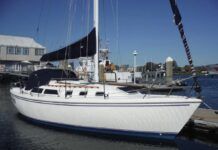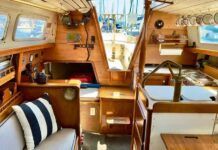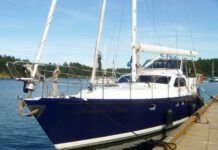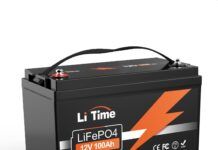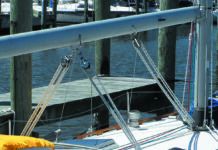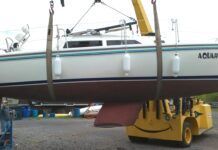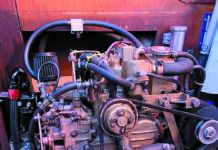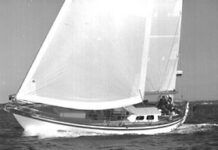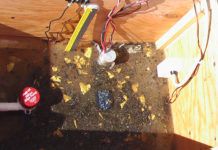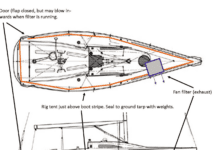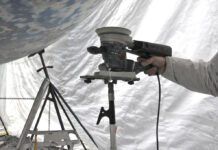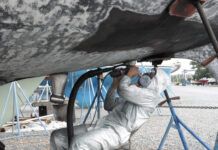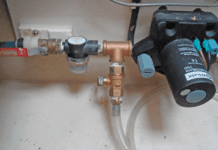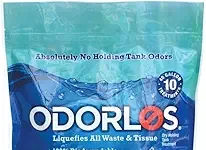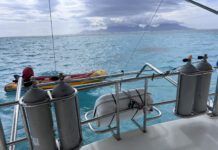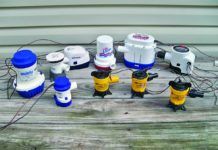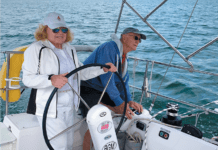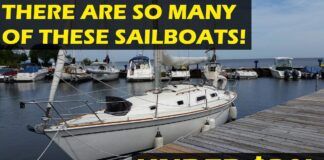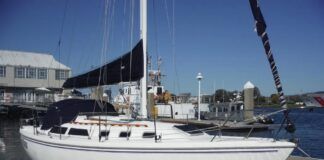Given the excessive finger pointing that has characterized this political season, it’s refreshing to encounter an individual or entity willing to shoulder responsibility. To do our part in encouraging such commendable behavior, Practical Sailor regularly acknowledges companies-via Credit Due and Running Fixes-that have rendered superior service to readers. Also, we occasionally shine our spotlight on products that have failed in a section we call Gear Graveyard.
Product reliability is a vital issue in our pastime, and doing the right thing is the only viable avenue for businesses serving marine consumers. One case in point: A few years ago, when 300 hydrostatic inflation units from Hammar were found to be defective after they’d been installed on automatically inflated PFDs from SOSpenders, that company instituted a recall of 7,200 vests. The firm attempted to contact all the purchasers and announced that it was offering a full refund for customers who had purchased the units in question-whether they wanted to purchase another SOSpenders unit or not. It’s clear that the folks at SOSpenders took their customers’ safety seriously.
U.S. senators and representatives also did the right thing when they enacted the Federal Boat Safety Act in 1971 and included a provision whereby boatbuilders must recall defective boats and marine engines. They were a little less demanding when they stipulated that these manufacturers must only use “reasonable diligence” in maintaining lists of their buyers so that those people could be contacted in case of a recall. This means that if you purchased your boat secondhand, your name certainly won’t be on the builder’s list, but thankfully you’re not out of luck. Another responsible entity-BoatUS-has created a system to rectify that.
The Boat/US National Recall Alert Registry is a universal database that allows boat owners to identify themselves and their boats, thereby enabling manufacturers to contact them should a defect be discovered and a recall ensue. To find out more about this service and how it works, log on to: www.boatamerica.org/recall/default.htm.
Following the exemplary lead of these organizations, Practical Sailor is reporting the inadvertent disappearance of some 40 words from our October 15 article on mattresses (“Boat Berth Bazaar”). Somehow, three important sentences dropped out of the manuscript upon publication. We regret this error, and offer here those sentences that should have appeared at the bottom of the left hand column on page 5 under the subhead The Current War:
“One is a combination of innerspring bunk cushions (for the V-berths and quarter berths) and good foam cushions for the saloon. It’s important to keep in mind that with foam, the higher the density, the better the quality. Light foam breaks down quickly. High-density is expensive, but important for both comfort and long service.”
-Dan Dickison


